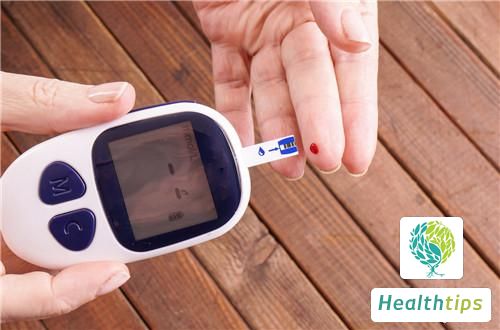Blood glucose test strips become inaccurate after expiration, affecting the judgment of test results. After the expiration of blood glucose test strips, the content of various enzymes on the strips will be affected, thus affecting the test results. Therefore, expired blood glucose test strips should be discarded and new ones should be purchased. At the same time, pay attention to the storage conditions of blood glucose test strips, avoiding light and storing them in a dry place. Expired blood glucose test strips are usually inaccurate, and the machine will prompt that the blood glucose test strip is expired when using an expired blood glucose test strip. Using it forcibly will affect the results of blood glucose monitoring, and the obtained data is usually inaccurate. The principle of using a blood glucose meter to monitor blood glucose is to utilize related enzymes on the blood glucose test strip, such as oxidase, hexokinase, and dehydrogenase. If the blood glucose test strip expires, the content of these enzymes will be affected. Therefore, the blood glucose value obtained by observing the current generated by the enzymatic reaction is not accurate. It is recommended to replace the blood glucose test strip in time. Expired blood glucose test strips should be discarded, and the blood glucose meter should be used in time after purchase, because the shelf life of blood glucose test strips is short, and the storage conditions are demanding. It usually needs to be stored in a dry and light-free environment. If it has indeed exceeded the validity period or if it has become damp during the storage period, it is recommended that these blood glucose test strips should be discarded. Otherwise, inaccurate results will affect the guidance and adjustment of the blood glucose plan.


